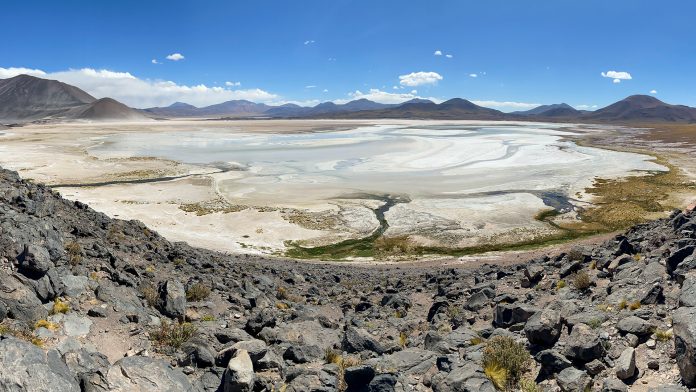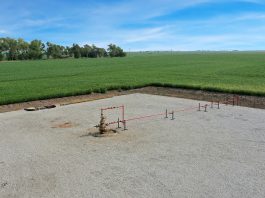In a shock move, Chile’s President, Gabriel Boric, announced he will nationalise Chile’s lithium industry to boost its economy and protect its environment.
The country is the second-largest producer of lithium, which is essential for the production of electric vehicle batteries.
In time, a separately owned state company will gain control of the world’s largest lithium reserves. Currently, they are controlled by industry giants, such as SQM and Albemarle.
The move follows several countries choosing to nationalise their lithium industries. Mexico nationalised its lithium deposits last year, and Indonesia banned exports of nickel ore in 2020.
The plans pose a fresh challenge to electric vehicle (EV) manufacturers scrambling to secure battery metals. However, Boric thinks this is a huge opportunity. He stated that the plans will protect biodiversity and share mining benefits with indigenous and surrounding communities.
In a televised address, he said: “This is the best chance we have at transitioning to a sustainable and developed economy. We can’t afford to waste it.”
He continued: “Today, we present a national lithium strategy that’s technically solid and ambitious. It will build a Chile that distributes wealth we all generate in a more just way.”
Chile’s lithium industry is essential to the development of EVs
The majority of the world’s lithium comes from the Lithium Triangle in Chile, Argentina, and Bolivia. The area contains around 54% of the world’s lithium reserves, amounting to 11 million metric tonnes.

Therefore, Chile’s lithium industry is key to the electric transition. Lithium-ion batteries are key components for most consumer electronics and electric vehicles.
Targets to cut carbon emissions from China to the US can’t be met without the rechargeable batteries that power electric vehicles.
The lithium market: What is currently happening?
Surprisingly, Chile’s announcement did not trigger a reversal in lithium prices. In fact, they have plunged more than 70% since November.
This is due to weakening EV demand in China, the world’s biggest auto market. The most-traded lithium carbonate futures on the Wuxi Stainless Steel Exchange in China fell 3.4% on Friday.
What will happen when the lithium industry is nationalised?
Boric explained that future lithium contracts would only be issued as public-private partnerships with state control.
Analysts believe that the move will spur a shift in future lithium investment in countries like Australia.
Harsh Bardia, an analyst at National Australia Bank’s private wealth arm JBWere, explained: “Policy stability is very important for any lithium mining project. Mining-friendly jurisdictions like Australia would be places where incremental funds get invested.”
The government will not terminate current contracts. However, the President hopes that companies will be open to state participation before they expire. The two biggest lithium producers, SQM and Albemarle, have contracts due to expire in 2030 and 2043, respectively.
Albemarle said the announcement would have “no material impact on our business.” Also, they will continue talks on investing in further growth and using new technologies in Chile.
South Korean battery maker SK On has a long-term supply contract with SQM. The company said it would monitor the development of the lithium industry and respond with a long-term view.
“When or if battery makers renew their contracts with lithium firms in Chile, contract conditions would likely become more difficult than what they saw in the past when there was no state involvement,” said Cho Hyunryul, an analyst at Samsung Securities.
Driving the plans forward
Boric will seek approval from Congress later in the year to drive the lithium plans forward.
Codelco, the world’s largest copper producer, will find the best way forward for a state-owned lithium industry.
Codelco and state miner Enami will be given lithium exploration and extraction contracts in areas where there are now private projects before the national lithium company is formed.
A division will be dedicated to advancing technology to minimise environmental impacts, including favouring Direct Lithium Extraction over evaporation ponds.









